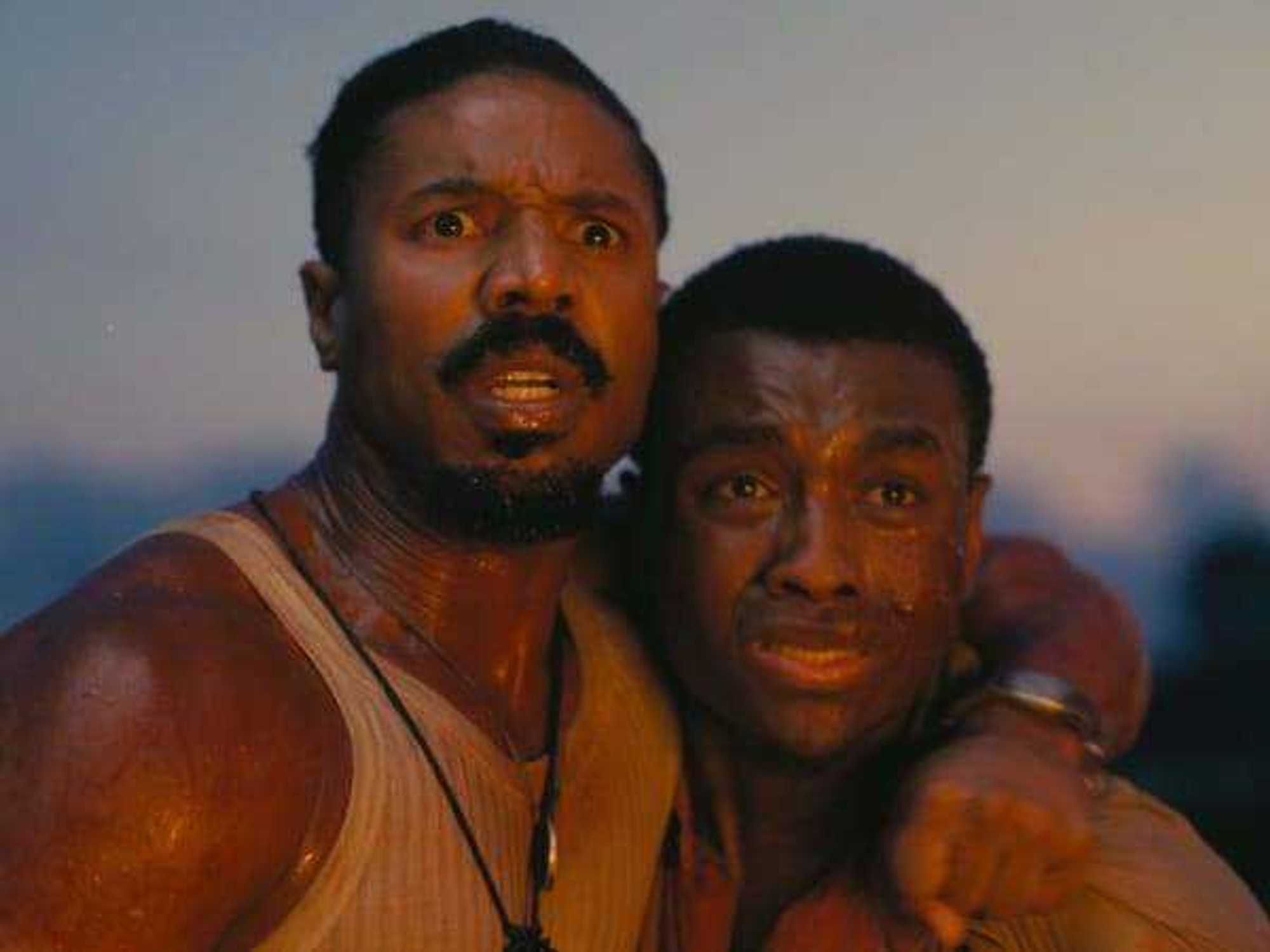It's called acting for a reason
Reacting to bashing Newsweek article, Houston's gay actors keep a straight face
 Who's trying to put whom in a straight jacket?
Who's trying to put whom in a straight jacket? Newsweek isn't enjoying its finest moment, facing boycott pressure.
Newsweek isn't enjoying its finest moment, facing boycott pressure. Sean Patrick Judge as Richard III
Sean Patrick Judge as Richard III Greg Dean in one of his performances.
Greg Dean in one of his performances. Walt Zipprian acting in "The New Dodge Smegma."
Walt Zipprian acting in "The New Dodge Smegma." Walt Zipprian
Walt Zipprian
Ramin Setoodeh's incendiary Newsweek article, "Straight Jacket," in which the author purports that gay actors are incapable of portraying straight characters (most recently, the actor Jonathan Groff in Glee), has ignited an unprecedented level of conversation regarding the state of gay tolerance in the entertainment industry.
For a society obsessed with dissecting sexuality, the dialogue surrounding the article represents a critical moment on the perception of homosexuality in the entertainment industry and popular culture.
With its myriad performing arts venues, many openly gay actors call Houston home, and for this article, CultureMap took to the stages to have local gay actors and their colleagues weigh in.
"I've portrayed virtually nothing but straight people," seasoned actor Greg Dean says.
Currently working with Catastrophic Theatre, whose production of The Designated Mourner opened this weekend, Dean has experience in Houston dating back to 1987 working with Mildred's Umbrella, the Alley Theatre, Shakespeare Festival and countless experimental warehouse and art gallery venues.
"The article is a little bit ridiculous. Setoodeh's point is absurd — we've got examples all around us for years and years of having it work just fine," Dean says.
Notes actor Sean Patrick Judge of Dean's current performance: "The man reeks of heterosexuality."
"I think the article is unfortunate," says Walt Zipprian, a gay actor and stalwart in the local theatre community. "I see that a lot of gay people are being perceived as unable to play straight parts. It's wrong to make a generalization across the board like that."
While Hollywood may dismiss gay actors as too fey for fame, Houston's theatre community maintains a blind eye when it comes to actors' private life and their stage face.
"It's not something that's in my Playbill bio," says Judge, who identifies as bisexual and is involved in the Nova Arts Project and Catastrophic Theatre. "I've never gotten the sense that I was being scrutinized by a casting crew or an audience."
"I'm a Houston actor and an openly gay man. I've played nelly gay men and solid fathers," states Zipprian, adding, "I've never heard someone say, 'Geez you seem awfully gay.' In fact, I got the best reviews playing a straight guy."
Dean echoes the same sentiment regarding Houston's audiences: "I've never been told, 'No, you can't pull that off.' I've never come across any sort of discrimination."
Overcompensating Controversy?
Speculation surrounds Setoodeh's motivation in writing the article. The author, an open homosexual himself, "just got bitchy," in the words of Zipprian, "I think that it's unfortunate that it essentially came from a gay writer — using the word 'queeny' — it perpetuates these stereotypes."
Zipprian suggests that the author has something to prove: "It's like guys who are closeted acting overly homophobic; he's trying to overcompensate. Maybe try to gain some favoritism from the other side."
Beyond the simple thesis, the article's caustic tone and organization has drawn critics. "If it's just one person's opinion," Dean says, "it probably didn't merit one article in Newsweek." Zipprian elaborates: "It's sloppy writing. Beyond the guy being offensive, he didn't research his article well. It wasn't a cogent article.
"It's one of the reasons Newsweek is in the tank."
In "Straight Jacket," Setoodeh proclaimed, "While it's OK for straight actors to play gay (as Jake Gyllenhall and Heath Ledger did in Brokeback Mountain), it's rare for someone to pull off the trick in reverse," but several Houstonians would say otherwise.
Kim Tobin, a University of Houston graduate, who studied under José Quintero and Edward Albee and now operates an acting studio, points out that Brokeback Mountain broke down social constructions: not merely that straight men can play gay men, but that "a gay man can seem just like any other man — and is just like any other man other than his choice in sexual partners."
Tobin elaborates on the difference between television and film acting, versus musical theater: "People walk into musical theater expecting people to seem 'gay.' If you are openly gay and in a musical you have two strikes against you before you open your mouth."
Knowing the secret lives of actors, regardless of sexuality, should not effect the viewer's perception according to Tobin. "I thought Robert Downey Jr. was amazing in the movie Less Than Zero, and I did not know at the time that he was a drug addict. Does that mean I should look back on it now and only believe he was good in that part because he was high all the time?"
Self-proclaimed "openly straight" actor Philip Lehl, who is both husband and a colleague to Tobin, states he has successfully played more than one gay role, "something I haven't found too difficult."
Lehl suggests that the article's author visit Houston's Stages Repertory Theatre and see the openly gay Paul Hope "kicking the shit out of a heterosexual role" in Tracy Letts' Man From Nebraska. "Actors are supposed to be able to play people who are different from themselves;" Lehl notes. "It's basically job requirement number one.
"Perhaps openly stupid people shouldn't be allowed to write articles for national news magazines."
